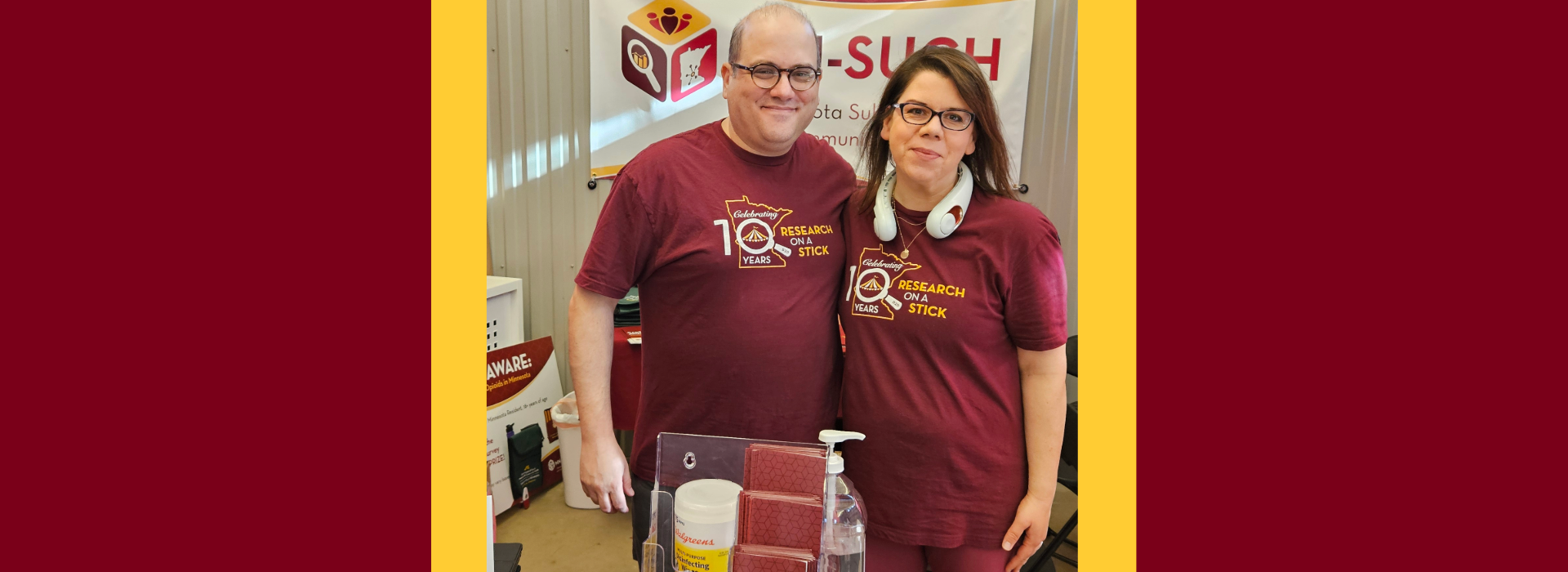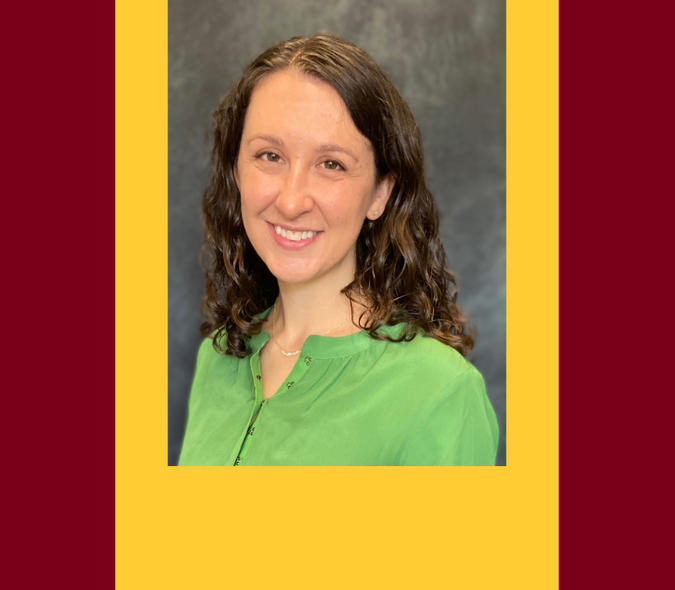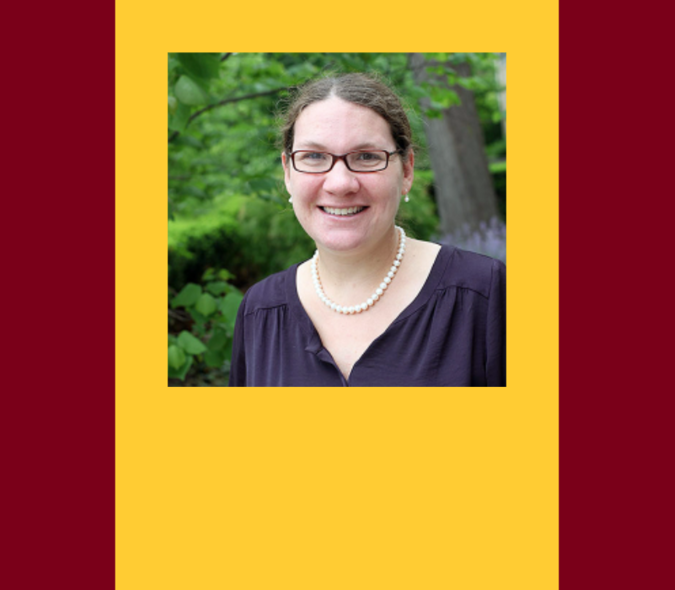
MN-SUCH: Addressing Substance Use in Primary Care
The Minnesota Substance Use and Community Health Lab (MN-SUCH) is a groundbreaking initiative focused on integrating substance use treatment into primary care settings. Co-founded by Dr. Levy and Dr. Lonergan-Cullum, MN-SUCH was created to address gaps in the treatment of substance use disorders (SUDs) and reduce disparities in care across different populations.
Background and Mission
Dr. Levy, a family medicine physician with a specialization in addiction medicine, launched MN-SUCH with support from the University of Minnesota Department of Family Medicine and Community Health. His vision was to bring addiction treatment into the realm of primary care, where most patients receive their healthcare. "I wanted to improve addiction treatment… at heart, I'm a primary care doctor," he explains. "It should be the same in addiction [as other chronic illnesses], and it just isn't."
The primary mission of MN-SUCH is to improve the management and outcomes of substance use disorders in primary care settings. Dr. Levy emphasizes that while addiction is often perceived as affecting certain groups disproportionately, it is a non-discriminatory condition that affects people across all demographics. "Addiction itself is incredibly non-discriminatory. It affects everybody equally… it does not differ. Because it's an organic disorder, it doesn't care," he notes. MN-SUCH aims to provide equitable treatment without stigma and to address significant disparities in outcomes, particularly among Native American and African American communities in Minnesota.
Research and Key Players
MN-SUCH began with a single research project but has rapidly expanded, now encompassing multiple initiatives aimed at integrating SUD treatment into primary care. The team includes Dr. Lonergan-Cullum, program manager and project specialist, Dr. Stephanie Hooker, a clinical psychologist and research investigator focused on research design and data analysis, and Hanmin Kim, a clinical social worker and interventionist. Other key collaborators include Dr. Tanner Nissly, an associate professor and family medicine physician, and Dr. Kumi Smith, an associate professor of epidemiology and community health, who work on medical training, stigma reduction, and community outreach. Dr. Hooker and Hanmin Kim are with HealthPartners Institute, and Dr. Smith is with the School of Public Health. The other collaborators are in the Department of Family Medicine and Community Health.
Dr. Lonergan-Cullum highlights MN-SUCH’s commitment to providing non-stigmatizing care and support to individuals suffering from SUDs. "There's no judgment," she emphasizes, pointing out that many patients with SUDs have experienced stigma in their past interactions with the medical community. She adds, "Patients continue to come to us, partly due to our non-stigmatizing language and treatment–we want to continue that."
Their initiatives, such as behavioral health interventions, medications, and harm reduction strategies, offer practical, empathetic support for people navigating recovery. The team also focuses on public education, understanding community needs, and finding ways to make care more accessible and less judgmental. "We've done harm reduction with patients who are starting treatment… we also encourage them to take the harm reduction kits to share with other people they know in the community who might be using substances," Dr. Lonergan-Cullum shares.
Goals and Community
Looking forward, MN-SUCH aims to develop effective interventions to help individuals find peace and recovery from substance use. "Our next step in our long-term goals is to develop some interventions that can help people who are struggling find some peace and happiness in their life and get better," Dr. Levy says. The team seeks to expand its programs, such as behavioral activation, which helps people establish new, healthy patterns to support recovery, and contingency management, which incentivizes patients to adhere to treatment.
MN-SUCH is also working on prevention strategies, recognizing that more needs to be done to prevent addiction before it starts. "There is not any good research on primary prevention before you get the illness," Dr. Levy points out. "Because addiction is a chronic illness, there have got to be things that work for it, too."
Additionally, MN-SUCH plans to increase its harm reduction services, including expanding access to wound care and providing resources like Narcan and testing strips for fentanyl and xylazine. Dr. Lonergan-Cullum mentions, "We're doing wound care kits with our community partner, African American Survivor Services." The team is also looking at ways to facilitate smoother transitions of care for patients moving from emergency settings to primary care or treatment centers.
Future Plans
MN-SUCH represents a significant shift in how substance use disorders are approached in the healthcare system, focusing on integrating care within primary medical settings, reducing stigma, and addressing health disparities. As Dr. Levy and Dr. Lonergan-Cullum continue to expand their research and programs, they hope to create a more inclusive and effective model for managing and preventing addiction in Minnesota and beyond.
"If anybody's reading this or is suffering or knows somebody suffering from a substance use disorder, you're not alone; you don't have to live like this," Dr. Levy encourages. "There's help and treatment available, and it works."



